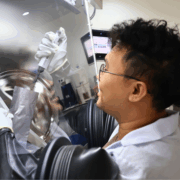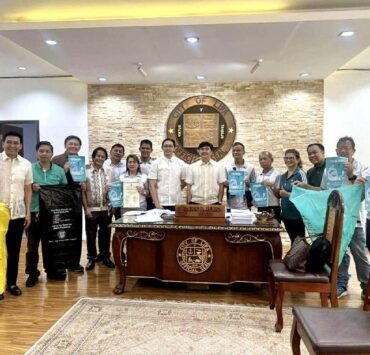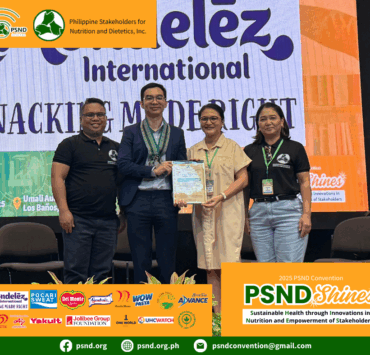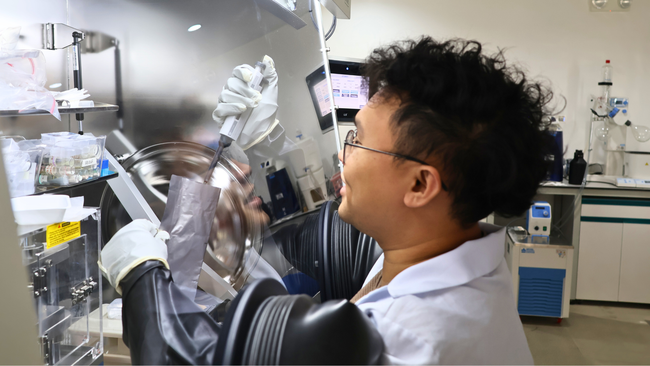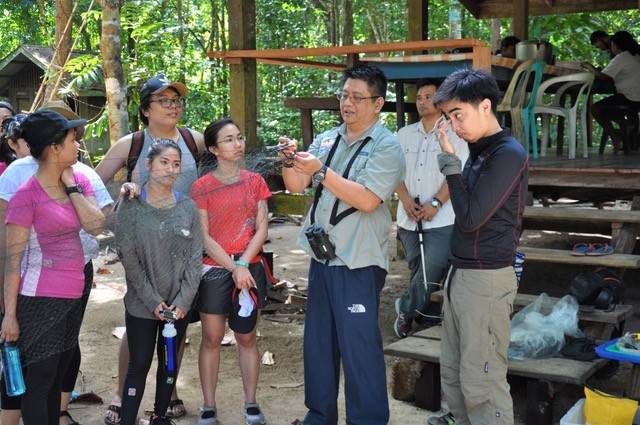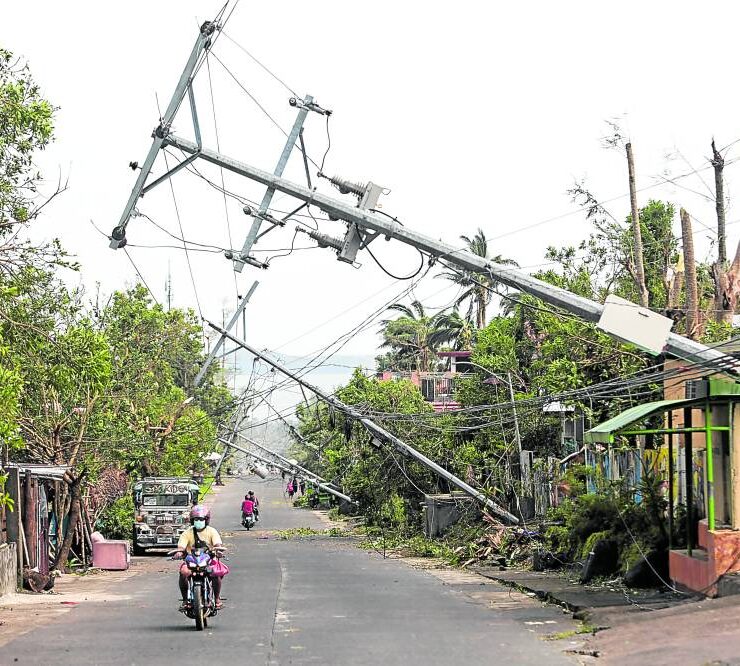Boosting health care beyond immediate medical needs
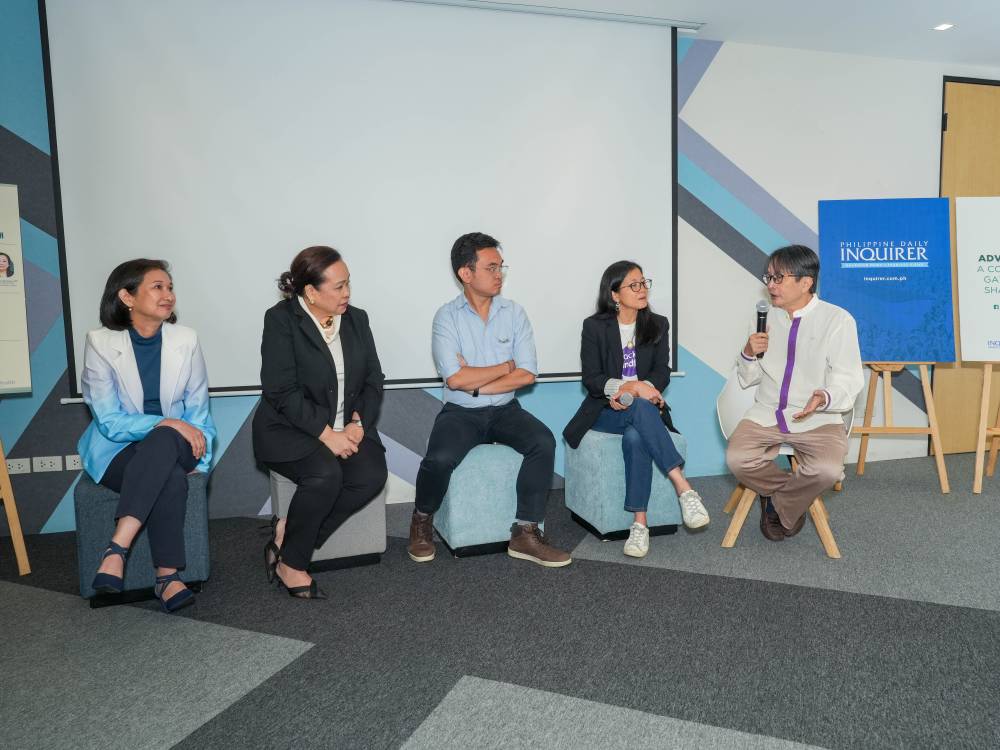
Most of the factors that cause illnesses are “nonmedical,” which is why different sectors of society need to come together and help improve a person’s living conditions if they want to ensure the well-being of a population.
Former Health Undersecretary Ma. Rosario Singh underlined this point at the Inquirer’s Corporate Responsibility in Community Health forum on Sept. 23, where she highlighted the role of the private sector and nongovernmental organizations (NGOs) in improving health care.
“A child goes back to you every week, requiring anti-asthma medications. You give the child anti-asthma medications… but still the child goes back to you every week with those kinds of symptoms. Why?” Singh asked.
“Because they go back to that living condition where there is pollution, where there is poor sanitation, crowding inside the house, there is not enough ventilation,” she said.
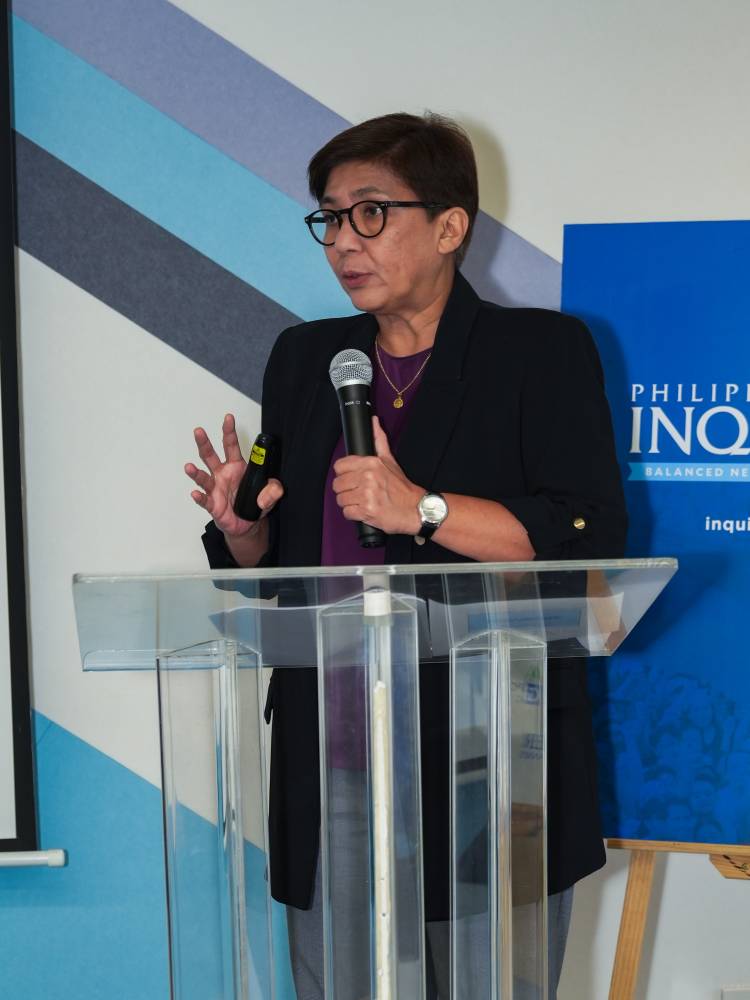
Shared responsibility
Citing international and local studies, Singh noted that 80 percent of the factors that cause health issues are nonmedical.
These include socioeconomic factors, such as a person’s education, job status and social support system; health behaviors, such as eating habits, as well as physical and sexual activities; and environmental factors, such as the school and workplace environment.
To address all of these factors, Singh emphasized the importance of “shared responsibility” in which everyone, not just the government, plays their part in improving health care.
As an example, she shared how, at the start of the COVID-19 pandemic, the country only had one laboratory, but because private companies “willingly helped us, we were able to expand our laboratory network.”
Singh also cited the role of NGOs in improving health care and supporting government initiatives, citing how local governments have been partnering with NGOs to implement mental health programs in schools, given the prevalence of mental health concerns among the youth.
Improved access
In the same forum, Christian Edward Lim Nuevo, head of health innovation and impact at Ayala Healthcare Holdings Inc. (AC Health), pointed out that it was AC Health that first brought the drug Molnupiravir in the country, which was used to treat mild COVID during the pandemic.
Nuevo also shared how AC Health helps improve access to health care with its 220 corporate clinics, 16 multi-specialty clinics, six hospitals, as well as 760 drugstores nationwide.
AC Health also offers Philippine Health Insurance Corp. (PhilHealth) benefits at its hospitals and clinics, including its Yaman ng Kalusugan Program (Yakap) and Guaranteed and Accessible Medications for Outpatient Treatment (Gamot) package, which helps support government initiatives.
Unhealthy behaviors
Similar to Singh’s observations, former University of the Philippines Chancellor Michael Tan pointed out during his presentation that culture can often encourage unhealthy behaviors in individuals, such as when the workplace environment pushes people to start drinking or smoking.
“Who you are with determines or shapes what you would end up doing, including risk behavior. You end up drinking too much, or, being a good friend, you don’t drink as much. You smoke, you end up with drugs… but you can also be in good company,” Tan said.
‘Mindful consumption’
For Aleli Arcilla, managing director of Mondelez Philippines, her company’s way of encouraging healthy behaviors as a snacks company is by promoting “mindful consumption,” which means “eating with attention and intention.”
“Food is a big part of our culture. Snacking is for sure one of the things that we mindlessly or mindfully do,” she said, noting that based on a study by Mondelez, 98 percent of Filipinos consume a snack at least once a day.
Arcilla said that for companies such as Mondelez, knowing that fact means “we have to be responsible in terms of our communication.”
“We do not market directly to children because they don’t have the cognitive ascendancy, for example, or the faculties to really judge whether a snack is healthy or not, or are they eating portion-controlled ones,” she said, adding that Mondelez also offers “mindful portions” of its products to encourage portion control.
Collaboration is key
For her part, Dr. Fatima Ignacio Gimenez, secretary of the Pediatric Infectious Disease Society of the Philippines (PIDSP), said that NGOs, like her group, help provide training and support for health-care professionals through webinars, annual conventions, and talks.
The PDISP provides medical practitioners a “child immunization schedule” containing vaccines included in the government’s National Immunization Program. It also works to advance health literacy in the country by creating infographics and utilizing social media to teach the public about various health concerns, including diseases such leptospirosis and mpox.
Gimenez batted for the importance of “collaboration,” encouraging others to “put yourself out there. People [will] notice you because you might have the same advocacies.”













